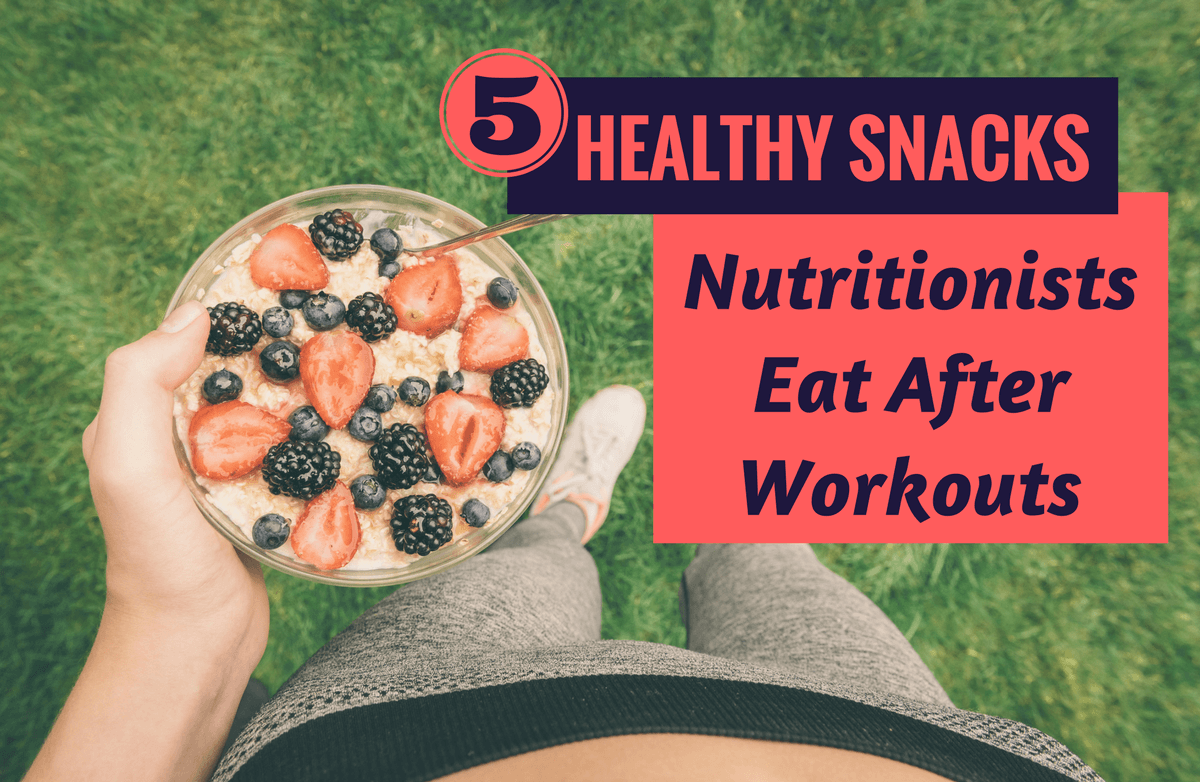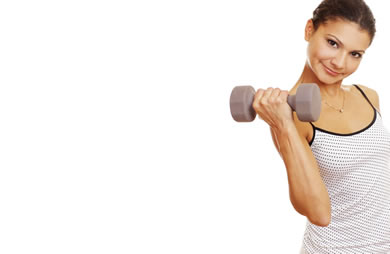By CD318156,
SparkPeople Blogger
11/11/2009
For the past 3 1/2 years I have spent countless hours reading all I can on the subject of running. In fact I have well over 70 running books in my home library. What I have found is there are lots of myths and misconceptions related to running, so I decided to put together a quiz to test your knowledge. I hope you will take time to take the quiz to see how much you know or don't know in order for you to become a more educated runner. Have fun!
TRUE or FALSE
- Tall runners make better runners.
- In order to become a runner or a better runner, one should run every day.
- The muscles, bones, and connective tissues take longer to develop than the cardio-respiratory and energy systems in a runner.
- Low carb diets are the perfect runner's diet.
- You don't need special shoes to run, especially if you are just starting out.
- Shoes can be blamed for every runner's injury.
- The perfect running temperature is 55 degrees Fahrenheit.
- You must run the whole distance in order to call yourself a runner.
- Running burns lots of calories which means you will lose lots of weight.
- Running increases your risk for developing osteoarthritis of the knee.
ANSWERS
- FALSE-Height has nothing to do with how well or fast you run. The world's fastest male marathon runner Haile Gebrselassie is only 5'3". What determines your speed is the composition of your muscle fibers (fast twitch to slow twitch), leg turnover, VO2max, and development of the energy and musculo-skeletal systems. While we cannot change genetics, training will allow for better leg turnover, greater VO2max and better development of the energy and musculo-skeletal systems which over time will bring you greater speed.
- FALSE-Running every day does not allow for proper muscle recovery, consequently your risk for injury increases with each day you run back to back. Know that it is during the rest and recovery phase that your body makes the adaptation to running. This does not mean you can't do other cardio cross training activities on your non-running day, just don't run. Over time you will be able to run more frequently, but do not rush the process, your goal is to be a "Life-long runner, not just a once-in-a -lifetime runner."
- TRUE-When one decides to take up running, the body's cardio-respiratory and energy systems are quick to change, but unfortunately our musculo-skeletal system-the bones, muscles and connective tissue-needs time to develop and for many this process may take as long as a year. This is another reason why you should not run every day. And you should not increase your mileage by more than 10% of your previous week's total mileage to your long, slow distance run.
- FALSE-Carbohydrates are a runner's friend. These nutrients supply the muscles with the much needed glycogen in order to help the mitochondria (the power house and energy makers of the cells) make ATP needed to fuel your run. Following a low carb diet will not provide the energy your body needs to run. A runner's diet should consist of at least 50% carbohydrates.
- FALSE-Shoes are one of the most, if not the most, important pieces of equipment a runner needs. This is why being fitted at your local running specialty store is essential. The store personnel are trained to fit runners and walkers with shoes designed for your particular pronation.
- FALSE-While wearing the wrong shoe can cause injury, so can other issues such as poor core stability and muscle weakness. After developing an IT band issue (a thick fibrous tissue that runs along the outside of the thigh from the hip to the knee) I started working with a corrective personal trainer and lo and behold my IT band issue seems to have been caused from poor lat and back muscle development. This is why Pilates and yoga make great cross training activities for runners. Injury can also be caused from what the experts call the 'terrible too's'--too much, too soon, too far, too fast, etc.
- TRUE-While many runners prefer warmer/cooler temps, 55 degrees is considered to be the ideal running temperature. For every 20 degrees above/below 55 degrees a runner will see a 7% degradation in their running ability. In other words, weather conditions (temps, wind, humidity) will affect your speed/pace which is why you should not compare your race times. As my former running coach once told me, "You are only as good as you are on that particular day, on that particular course, under those particular circumstances." Coach Lee
- FALSE-Nothing says you can't throw in some walk breaks during your race. In fact I did so in my marathon and still do so on my long, slow distance training runs. The trick is, take the walk breaks from the get-go and do not wait until you are too fatigued as you may find it difficult to get started running again.
- FALSE-While running is a great calorie burner, tracking your nutrition is still very important. The reason, many times our appetite will increase tremendously once we start running, therefore we find ourselves hungry. Keep in mind though, hunger is your body's cue it needs fuel, so do not ignore the signals--if you are hungry, you need to eat.
- FALSE- Studies have actually shown runners are at no greater risk of developing OA of the knee. So if you have always desired to run but were afraid to because of knee injuries, do not let this be a deterrent.
Now that you have completed the quiz, how did you do? Were you surprised at some of the answers?
|
|






















